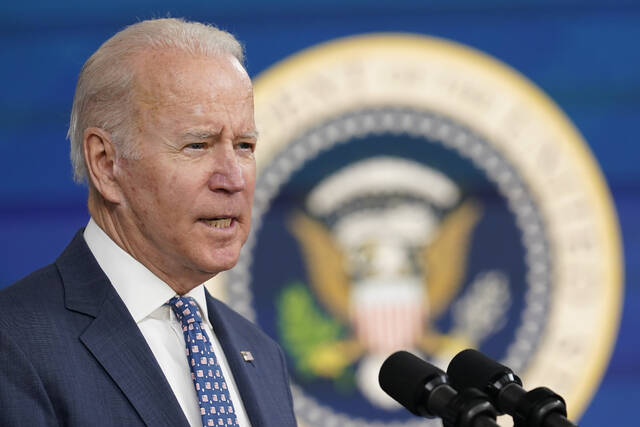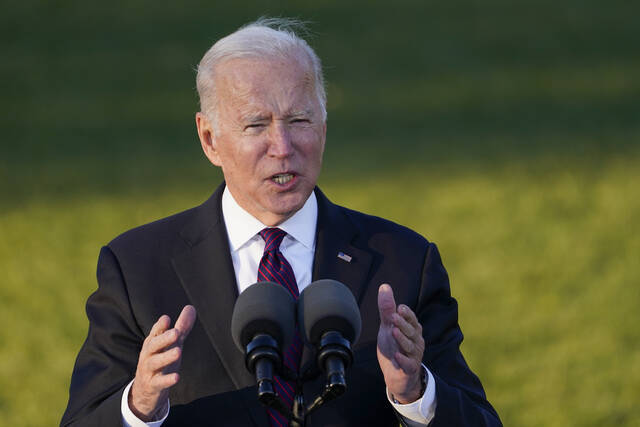“Extraordinary, isn’t it? I’ve been hearing all about COP,” said the queen to the duchess of Cornwall. “Still don’t know who is coming. … We only know about people who are not coming. … It’s really irritating when they talk but they don’t do.”
Queen Elizabeth II was expressing her exasperation at the possible number of no-shows at the U.K.’s coming climate summit in Glasgow, Scotland.
Among the absentees might be Chinese President Xi Jinping, whose country generates more carbon dioxide than the U.S. and EU combined.
Behind the queen’s exasperation, however, lies a political reality.
Nations like China are discovering that meeting goals for cutting carbon emissions can stall economic growth to where the regime itself is at peril.
Forced to choose between what is best for the country now and what is better for mankind in some indeterminate future, leaders are putting the needs of the nation today over the call of the world of tomorrow.
Earlier this year, Beijing had pledged to stop building coal-fired power plants outside China. But at home, Beijing is going all-out to mine and burn coal to keep the world’s greatest manufacturing plant producing and the world’s largest labor force employed.
Forced to choose between fighting climate change and preventing a possible recession or depression, Xi is unapologetically putting China first.
Nor is China the only Asian economic power grappling with an energy shortage. India, the world’s third-largest producer of carbon emissions after China and the U.S., is facing a potential power crisis.
Coal accounts for 70% of India’s electricity generation. Yet, 4 in 5 of its 135 coal-fired power plants have critically low levels of coal inventory. With its economy picking up, New Delhi is going to be in the market for more coal to burn. Lectures about carbon emissions are likely to go unheeded.
In Europe, wholesale electricity prices have increased 200% since 2019, a result of surging natural gas costs driven by high demand in Asia and lower-than-expected deliveries from Russia.
Most EU countries rely on gas-fired power stations to meet electricity demand. About 40% of that gas comes from Russia. With completion of the Nord Stream II pipeline, German and EU dependence on Russian gas is going to rise.
Is Russia, rich in fossil fuels that are still in demand, and the world’s fourth-largest producer of carbon dioxide, likely to placidly accept watching its customers move away from Russian coal, oil and gas to solar and wind?
Such economic nationalism raises a relevant question: Why would OPEC nations that depend on oil exports for much of their national income champion a worldwide abandonment of the fossil fuel sales upon which their regimes’ survival depends?
In brief, world demand for coal, oil and natural gas is surging, as are prices, just as the climate conference, whose goal is to reduce and eventually eliminate the burning of coal, oil and gas, is about to meet in Glasgow.
Will nations such as China, India and Russia be willing to forgo the coal, oil and gas upon which 80% of the world’s power plants currently depend, to be replaced by windmills and solar panels?
Prediction: In the long run, nationalists fighting to meet near-term needs of their constituents and countries are likely to prevail over the globalists who profess to be serving all of mankind.







